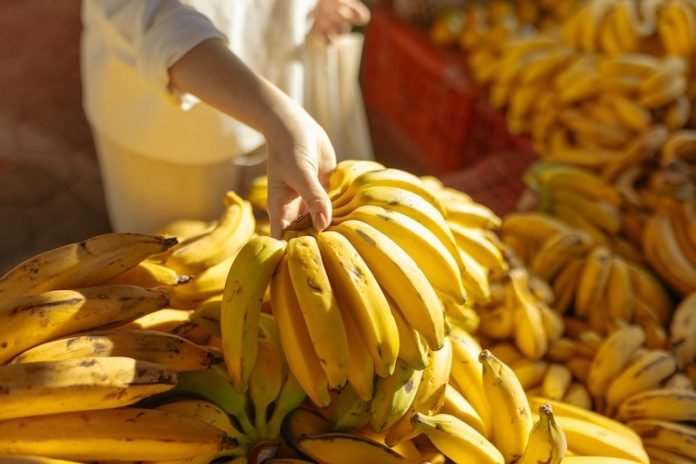
High blood pressure, also known as hypertension, is a common health concern that can lead to serious conditions like heart disease and stroke.
While many people know that cutting down on salt is crucial for managing blood pressure, there’s another key player that doesn’t get as much attention: potassium.
Potassium is an essential mineral that our bodies need to function correctly. It plays a big role in keeping our heart beating steadily and maintaining a healthy fluid balance. But it’s particularly important for those managing high blood pressure.
Here’s why potassium is so important: It helps relax the walls of our blood vessels. This relaxation is vital because it makes it easier for blood to flow, which can help lower blood pressure.
Potassium also helps balance how much salt our body holds onto. Since too much salt can raise blood pressure, having enough potassium to counterbalance salt’s effects is crucial.
Studies have shown that eating a diet high in potassium can significantly lower blood pressure, especially for people with hypertension or those who eat a lot of salt.
A review of research found that increasing potassium intake could reduce the top number in a blood pressure reading by several points. While this reduction might seem small, it can greatly decrease the risk of heart problems and strokes.
Potassium works by counteracting the harmful effects of too much salt. It does this by helping the body get rid of extra sodium through urine and by easing tension in the walls of blood vessels. That’s why eating foods high in potassium is often recommended for a heart-healthy diet.
But where do you get potassium? It’s best to get it from foods rather than supplements. Great sources include bananas, oranges, potatoes, tomatoes, leafy greens, dairy products, fish, and nuts.
These foods not only provide potassium but also other nutrients that support overall health and blood pressure management.
However, it’s important to note that too much potassium can be a problem for people with kidney disease or for those on certain medications.
These individuals may not be able to remove excess potassium from their bodies effectively. If you fall into this category, or if you’re considering changing your diet significantly, it’s a good idea to talk to a doctor first.
Understanding potassium’s role in controlling blood pressure underscores the importance of a balanced diet in maintaining health.
While medication may be necessary for some people with hypertension, making lifestyle changes like improving your diet is also key.
Adding potassium-rich foods to your meals is a simple and effective way to help manage blood pressure. But remember, a healthy diet is about balance.
Along with increasing potassium, eating less saturated fat, more fiber, and keeping salt intake in check is crucial for a heart-healthy lifestyle.
In summary, potassium is a critical but often overlooked mineral in the fight against high blood pressure. By helping to balance the effects of salt and relax blood vessel walls, potassium can play a significant role in lowering blood pressure and keeping our hearts healthy.
Remember to strive for a balanced diet to support your blood pressure management and overall well-being.
If you care about high blood pressure, please read studies that early time-restricted eating could help improve blood pressure, and natural coconut sugar could help reduce blood pressure and artery stiffness.
For more information about blood pressure, please see recent studies about How to eat your way to healthy blood pressure and results showing that Modified traditional Chinese cuisine can lower blood pressure.
Copyright © 2024 Knowridge Science Report. All rights reserved.



